Introduction
Vanilla is one of the most common flavors currently used in baking. It’s a very frequently encountered ingredient in yogurts, creams, cupcakes, and other types of desserts. But can dogs eat vanilla?
We’re answering this question and many more in today’s article, so keep on reading.
Is Vanilla Good for Dogs?
Not really. While vanilla does not supply your dog with any benefits or particular nutrients, there are some forms of it that are safe and others that are quite dangerous.
For example, vanilla pods are very safe, so if you tend to use them in baking or cooking and your pet manages to eat one, you probably have nothing to worry about.
Pure vanilla is more expensive, though, which is why it is also not as commonly encountered in home cooks’ kitchens. But if you are wondering how many vanilla pods are too many, we might add that for some dogs, a choking hazard might exist, especially depending on their size.
Besides all that, any dog is likely to experience some type of digestive distress, particularly after eating a novel type of food. The same goes for vanilla pods.
However, it is universally acknowledged that vanilla pods are safe for dogs.
Is Vanilla Bad for Dogs?
Some forms of vanilla, such as the extract that most home bakers commonly rely on, are truly bad for dogs. The reason for this is that they have a high alcohol content and they can also contain other risky ingredients, such as xylitol and artificial preservatives and colors.
Alcohol toxicity
A small amount of alcohol can cause several worrying symptoms in dogs, such as dizziness, diarrhea, dehydration, lethargy, and even seizures.
Moreover, the alcohol that can be found in vanilla extract is usually very potent and can sometimes be compared to the concentration of alcohol of brandy or bourbon.
These products cause liver failure in some dogs, especially geriatric patients that already have their fair share of chronic health issues (like hepatic steatosis).

Xylitol and dogs
Xylitol is an artificial sweetener that is, simply put, deadly for dogs. It causes havoc inside a dog’s body, and the worst thing about it is that very, very low amounts can cause a pet’s death.
Some vanilla extract varieties contain this sweetener, which makes them incredibly dangerous. They should be avoided at all costs.
Artificial additives
Most of these substances are carcinogenic, which means that they increase the risk of your dog developing cancer especially in their senior years. If you do not want to deal with that, try to keep your dog on a diet of wholesome foods.
Talk to your vet about what human foods (including fruits, veggies, meats, and fish) are safe to give to your pet. If you’re not keen on the idea of making your own pet food at home, ask your vet to recommend the best and safest canine diet they know.
How Much Vanilla is Safe for Dogs?
Dogs are not supposed to have vanilla. Although the pods might be safer than the extracts, we strongly suggest avoiding vanilla altogether. The last thing you might want would be for you and your pet to end up at the veterinary hospital with an emergency.
If your dog somehow managed to drink alcohol-based vanilla extract, get in touch with your vet as soon as possible and go to the emergency clinic. Time is of the essence when it comes to alcohol or xylitol toxicity.
If too much time passes from the moment your dog ingested the vanilla extract, they could lose their life.
What to do if I get vanilla extract on my dog’s skin?
While the extract is indeed dangerous when ingested, it might not do any damage to your dog’s skin or fur whatsoever. The alcohol typically evaporates in a matter of several minutes.
You can rinse the area with a clean cloth that you’ve soaked in warm water. Also, try to do your best at preventing your dog from licking that body area.
Frequently Asked Questions
It depends on the ingredients. Dogs are usually not supposed to have too many carbs in their diets, especially from sources like wheat or processed sugar. As for the cake itself and the risks that alcohol-based vanilla extract has, fortunately most of it evaporates while your cake is in the oven.
If you’re referring to store-bought vanilla cake, check the ingredients to make sure it doesn’t contain xylitol or alcohol.
If the ingredients are safe and you used a vanilla pod instead of extract, the answer to this question is most likely yes. However, diabetic dogs or those predisposed to obesity are not supposed to have cupcakes of any kind.
Should the wafers not contain any artificial sweeteners or potentially allergic ingredients like dairy derivatives or alcohol-based vanilla extract, you probably have nothing to worry about.
Plant-based vanilla yogurt is mostly safe for dogs, although we do have to note that goats’ yogurt to which only natural vanilla has been added is the best choice here.
Generally, no. Very small amounts are usually safe but do not make a habit out of giving your pet vanilla custard as it has no place in a dog’s diet.
Fortunately, minimal quantities of vanilla ice cream are usually safe for dogs. Don’t overdo it, though — one tablespoon is enough. Fat-free vanilla yogurt is better, for example, and also froyo.
This type of plant-based milk tends to be quite high in sugar and calories on the whole, which means that it does not make the best choice for dogs. But if you opt for a variety that does not contain xylitol or any vanilla extract, a small amount could be safe.
Your dog might experience mild digestive distress if they have more than a couple of sips.
Summary
Only vanilla pods are safe for dogs. The rest of the store-bought forms you might find at your local shops are not safe for dogs.
Whether they contain alcohol or xylitol, vanilla extracts can put your pet’s health at risk and make you end up at the veterinary hospital with an emergency.
For this reason, we recommend keeping your vanilla pods, extracts, and oils in your pantry, well-locked and stored away from your dog.
Sources
- Alcohol poisoning in dogs, L. van Wuijckhuise et al, 2003
- Xylitol Toxicosis in Dogs: An Update, Lisa A. Murphy et al, 2018
- The Carcinogenicity of Food Additives and Contaminants, National Research Council (US) Committee on Diet, Nutrition, and Cancer. Washington (DC), 1982
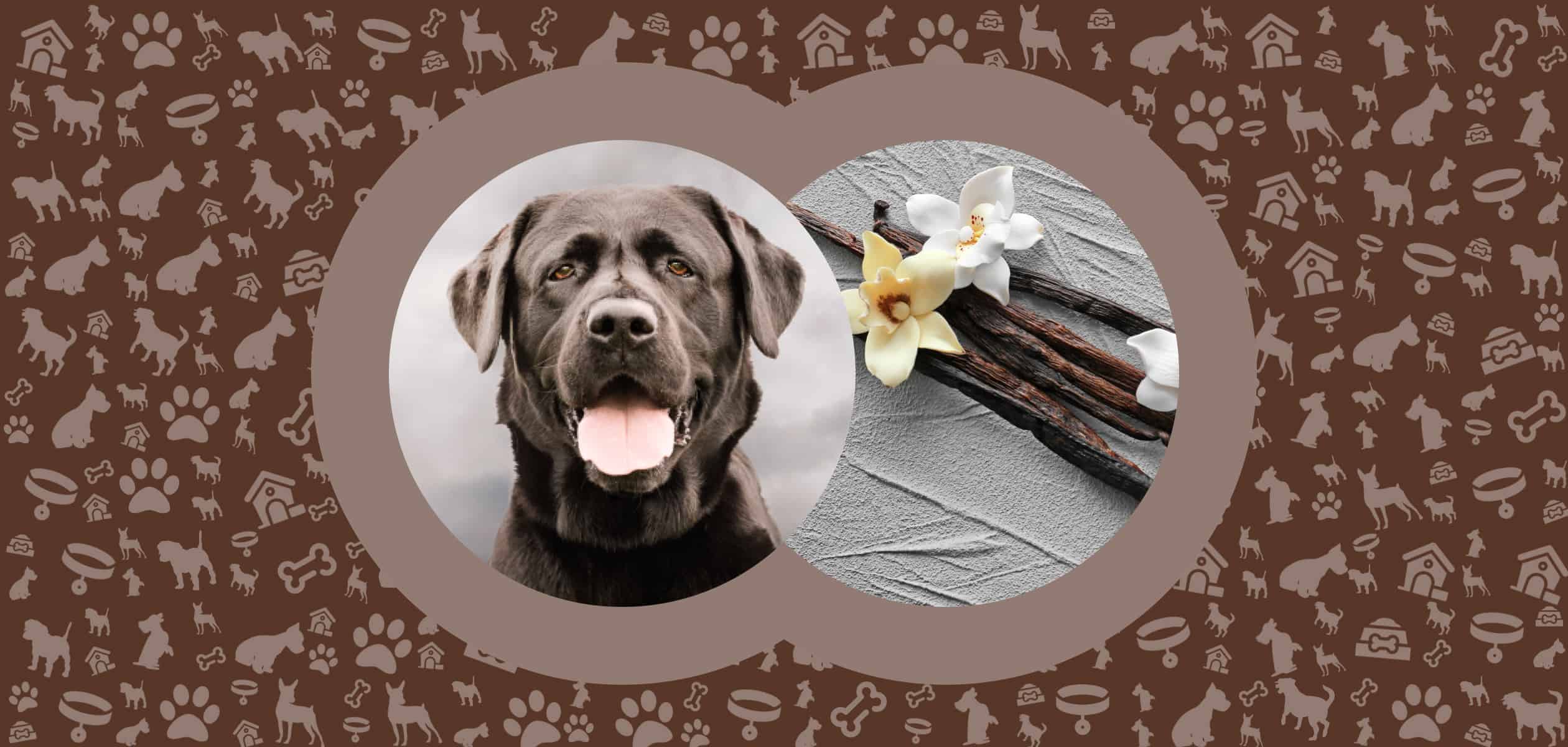
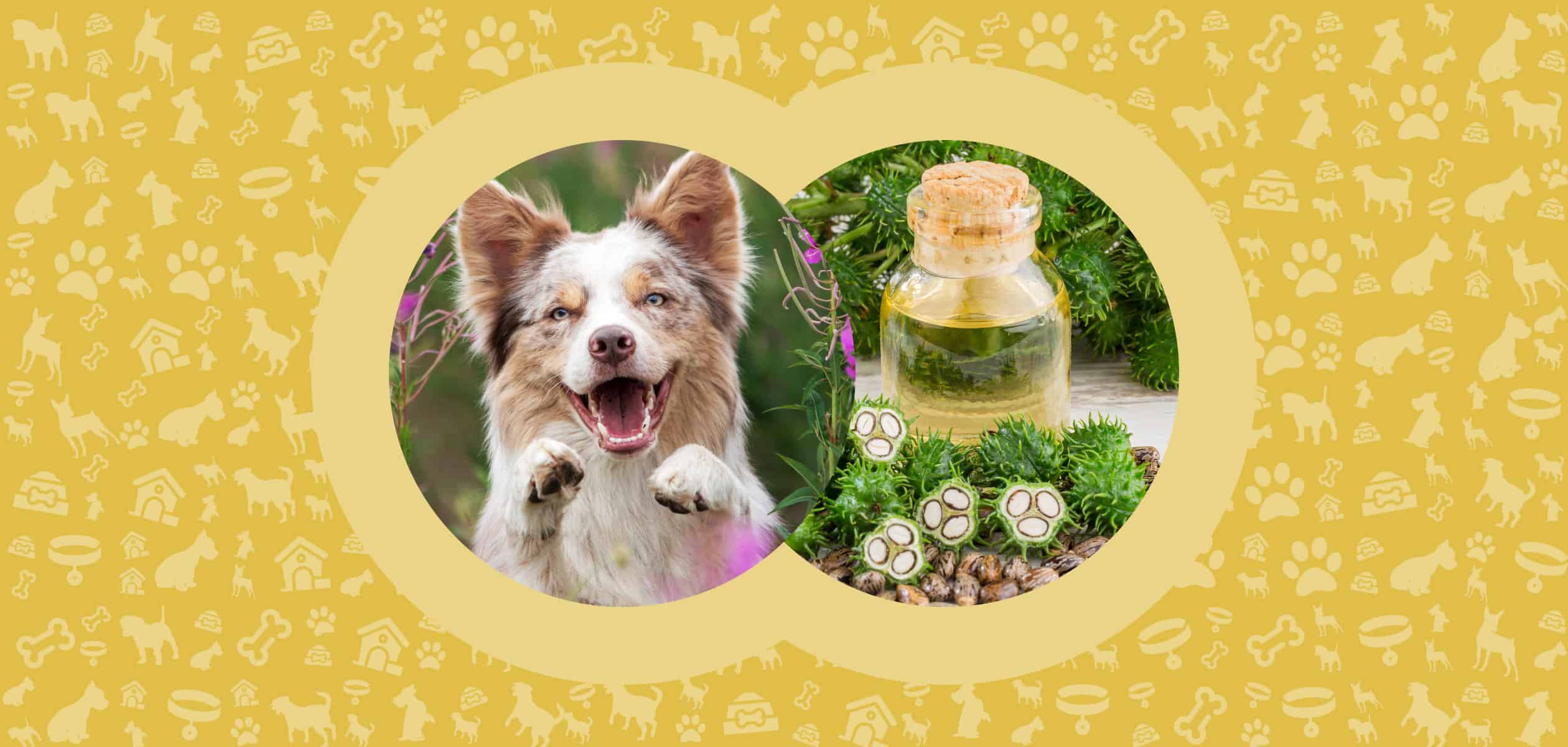
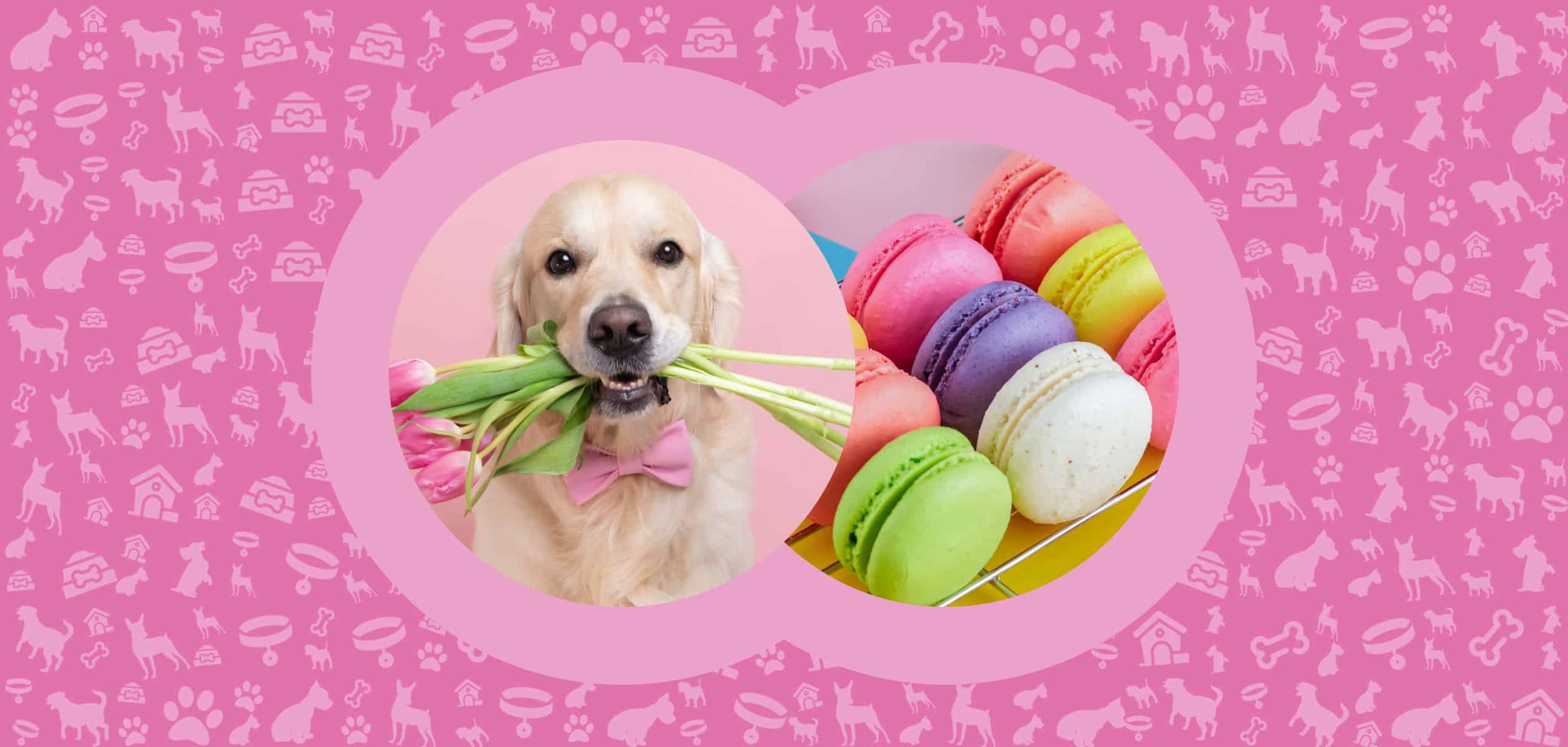
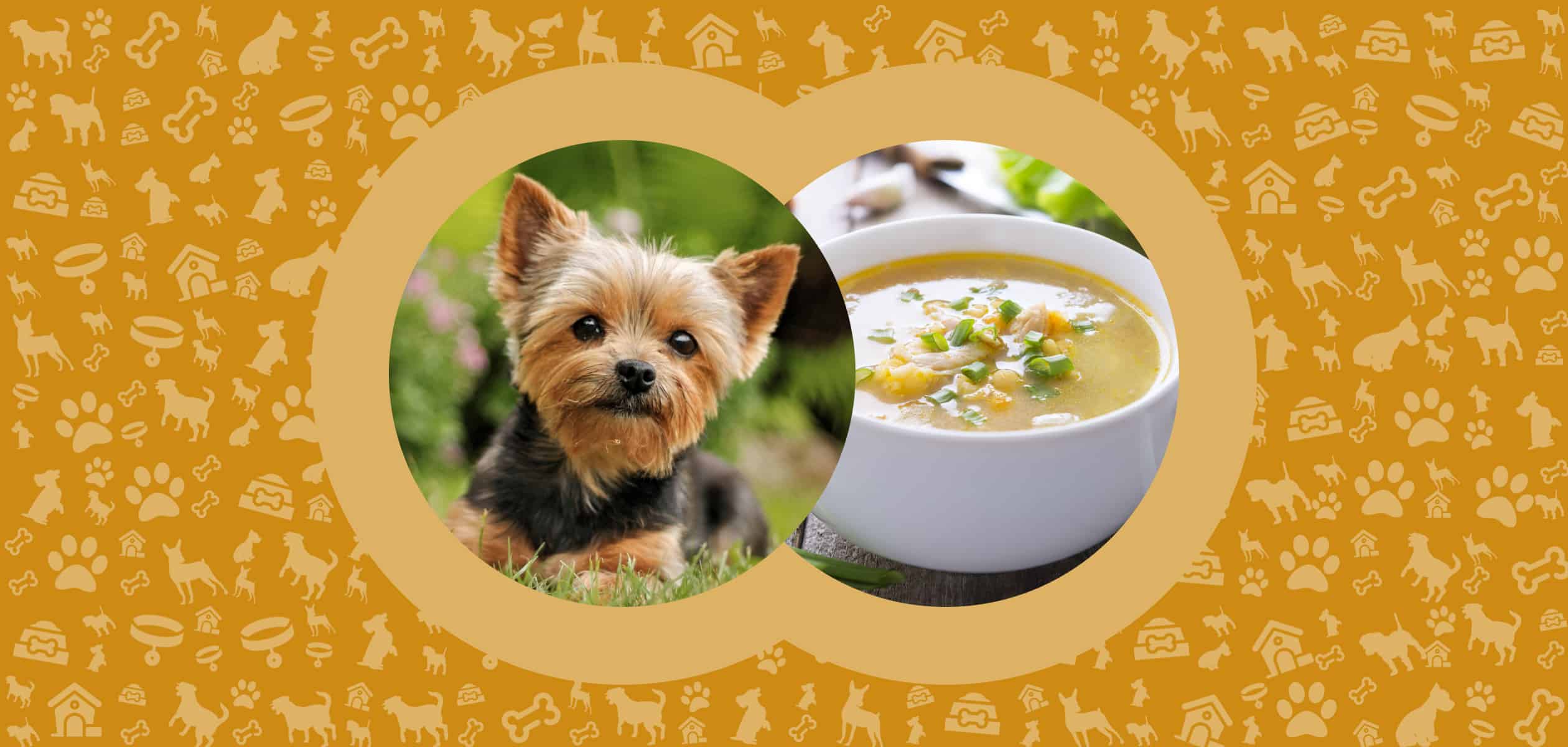
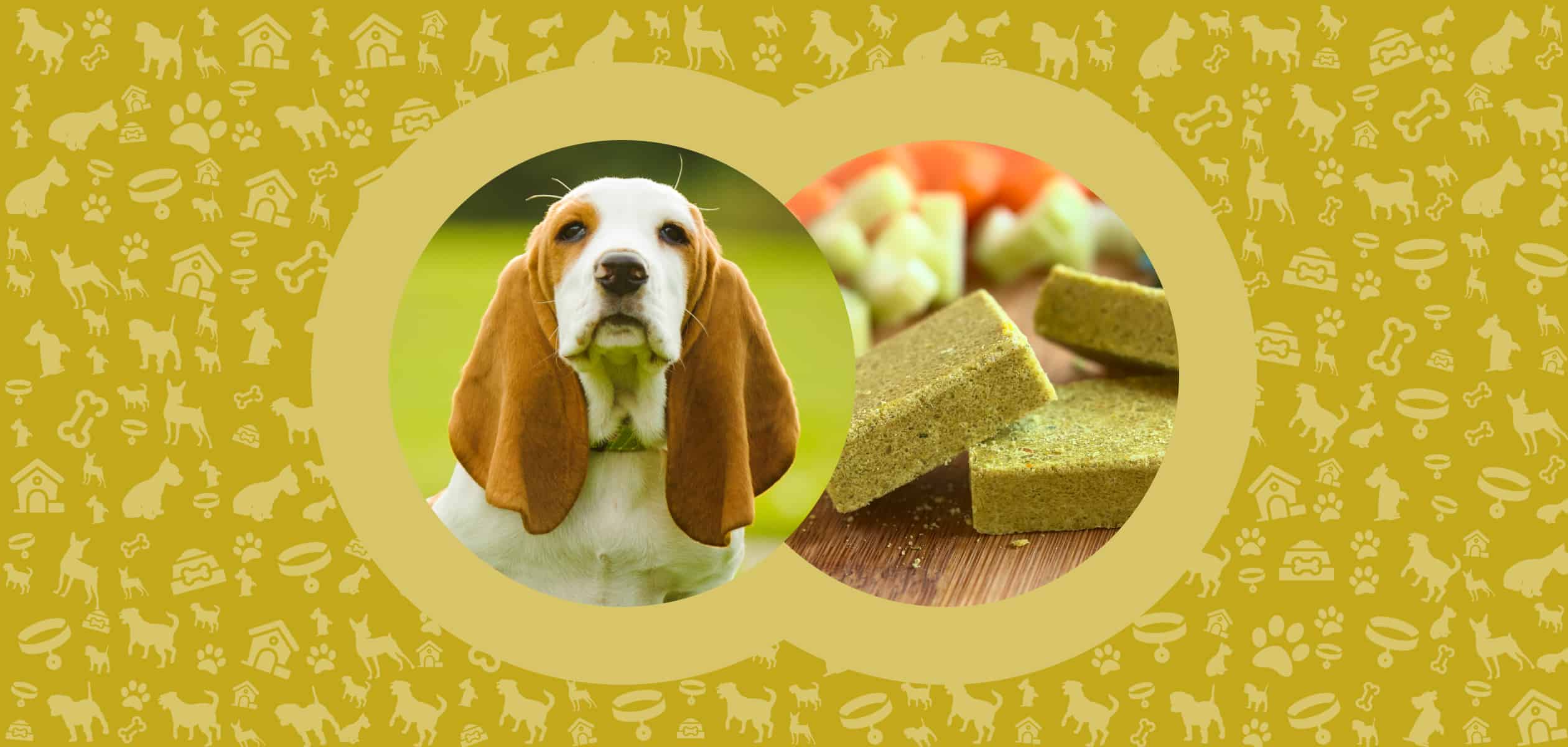
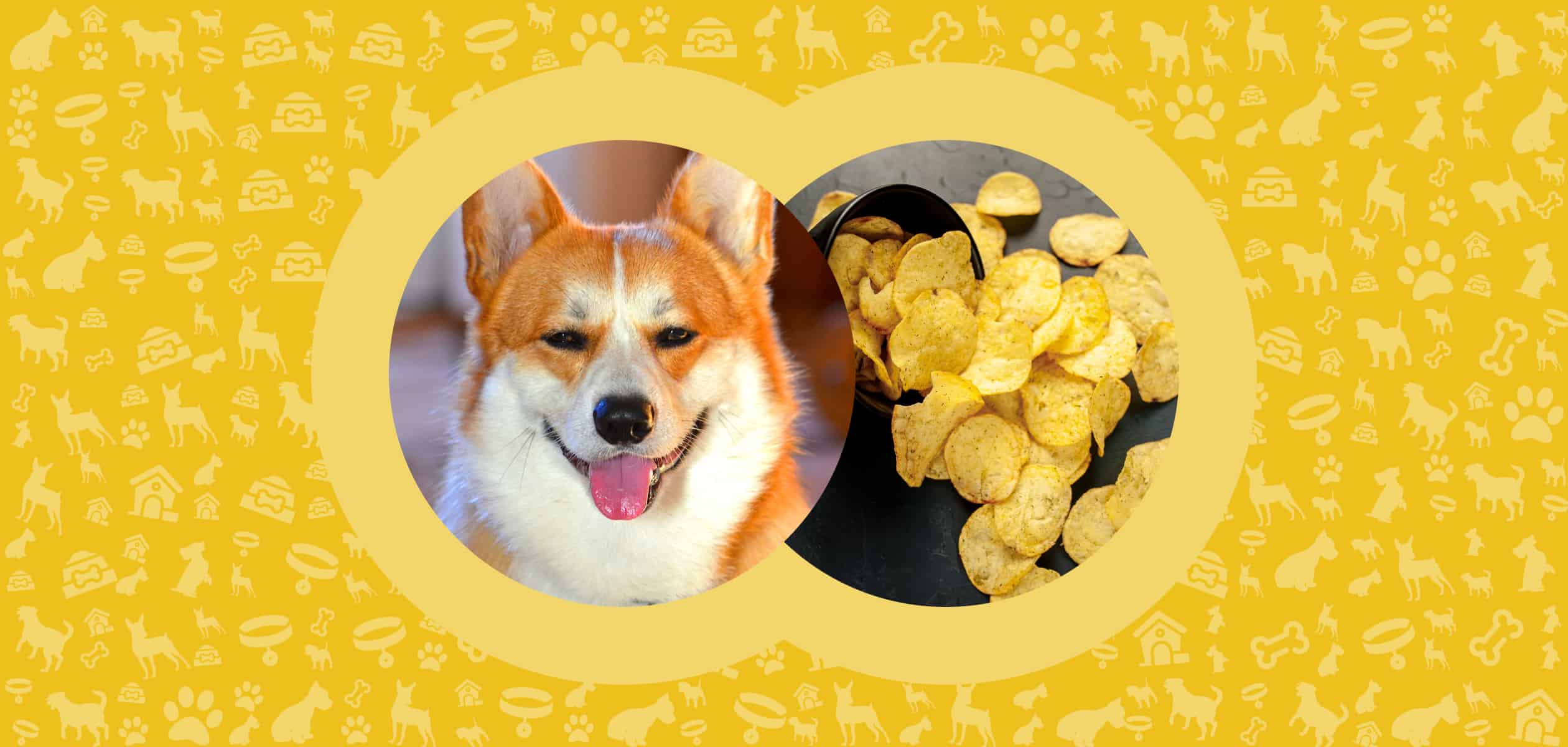
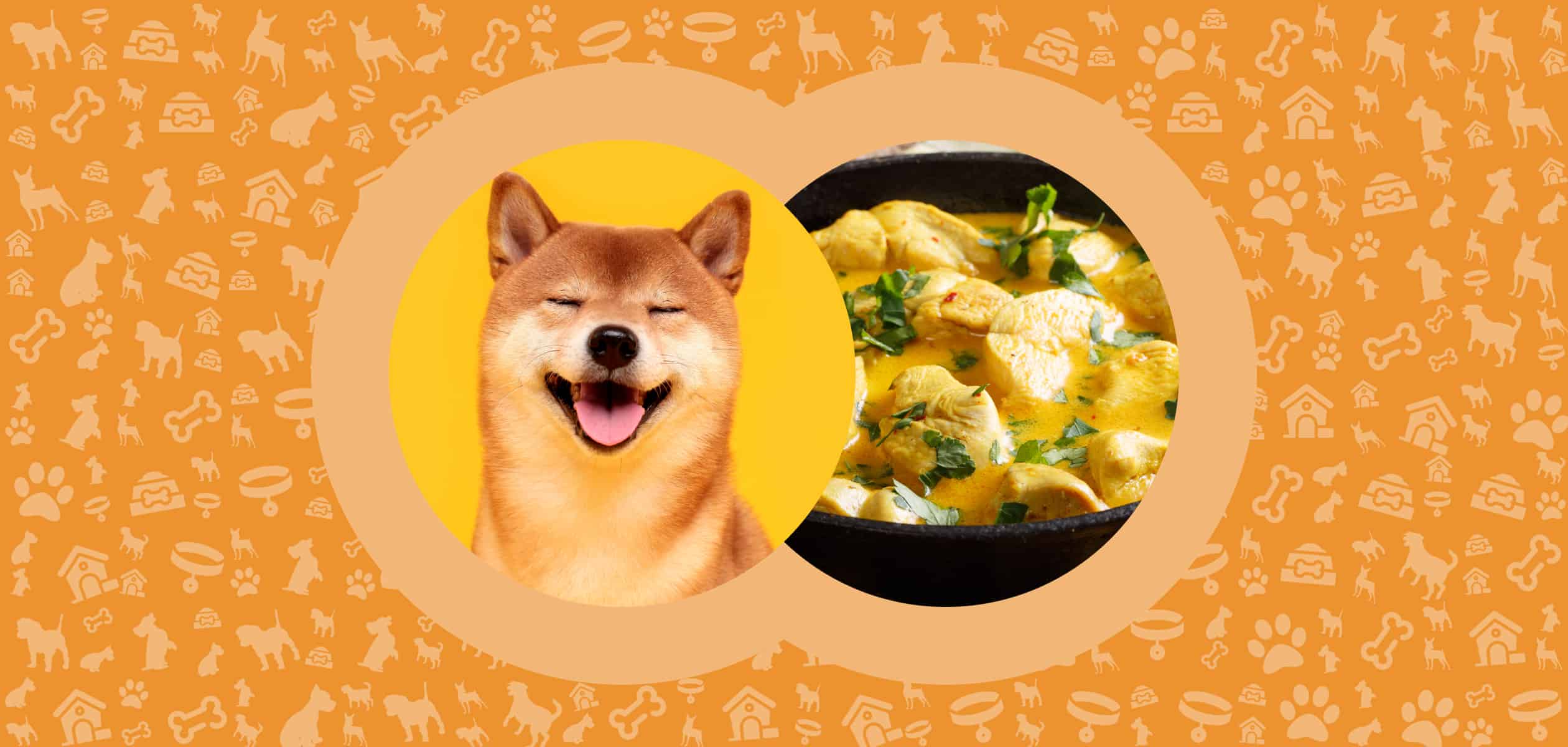
Leave a Comment